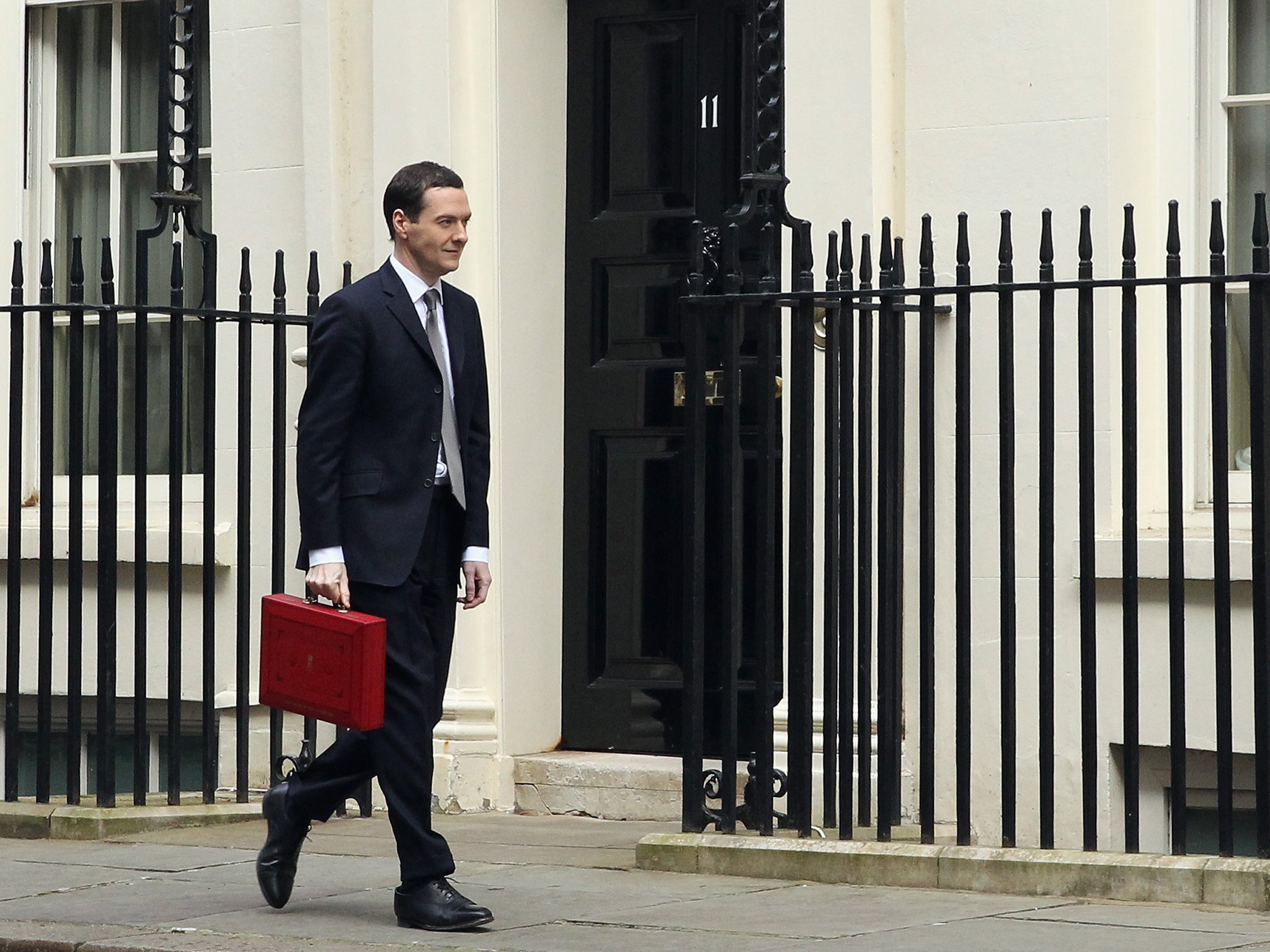This Budget dressed up policies for the very richest as support for the ‘middle class’
Increasing the 40p income tax threshold doesn't help the average Briton

Your support helps us to tell the story
From reproductive rights to climate change to Big Tech, The Independent is on the ground when the story is developing. Whether it's investigating the financials of Elon Musk's pro-Trump PAC or producing our latest documentary, 'The A Word', which shines a light on the American women fighting for reproductive rights, we know how important it is to parse out the facts from the messaging.
At such a critical moment in US history, we need reporters on the ground. Your donation allows us to keep sending journalists to speak to both sides of the story.
The Independent is trusted by Americans across the entire political spectrum. And unlike many other quality news outlets, we choose not to lock Americans out of our reporting and analysis with paywalls. We believe quality journalism should be available to everyone, paid for by those who can afford it.
Your support makes all the difference.There appeared to be plenty on offer for the much-courted “middle-class” in Osborne’s Budget this week, something which excited many commentators. The term itself is now a byword for the ordinary, for the so-called strivers, for those just trying to work hard, earn an honest buck, and pass it on to their children. But if there is a more ill-defined section of society it is hard to think of one.
You may, for example, conjure images of those on modest to middling wages, perhaps a teacher or a nurse. The sort of person trying and struggling to save for a house maybe, with children they want to see do a bit better than them. In other words, someone rooted “in the middle”.
And these people clearly exist, in huge numbers. The problem is that others seem to see a very different “middle-class”. When commentators talk of middle-class aspirations now, they often describe the struggles of those trying to pay for a holiday home, or desperately scraping together every last penny to put their kids through private education. The result is that the term is used to define those in society who are a world away from people in the middle.
We now regularly hear of policies to help those on “middle incomes” and “middle earners” that, in effect, will do nothing of the sort.
A good example came in George Osborne’s response to one of the Budget’s key policies, the raising of the 40p income tax threshold from £42,385 to £43,300 in 2017-8. The Chancellor said this was an important measure “so you don’t have people on middle incomes sucked into that higher rate”. But a worker earning median pay gets around £22,044. It requires a pretty active imagination to expect these people to see their incomes nearly double, at least anytime soon. Especially given the glacial pace of wage recovery for many.
And this is far from the only case. Inheritance tax is a particular bête noire of the “workers before shirkers” brigade. But however you cut it, and however you try and rename it as a “death tax” or a “tax on aspiration”, it is certainly not a tax on those in the middle. Over the last week it was widely reported that the Chancellor is considering raising the inheritance tax threshold to £1m for married couples as a Conservative manifesto pledge. This was seized upon as a policy to support “middle-class” families. That may be true, but only if you consider those in the richest 4.9 per cent of estates to represent the “middle”.
Given that policies that increase the inheritance tax or 40p income tax rate thresholds will do nothing to help anyone remotely near the middle, this representation of middle-class and middle-earners must therefore be seen as something else - a clear and flagrantly cynical attempt to dress up policies that only benefit the very richest in society as support for ordinary people.
Duncan Exley is Director of the Equality Trust
Join our commenting forum
Join thought-provoking conversations, follow other Independent readers and see their replies
Comments